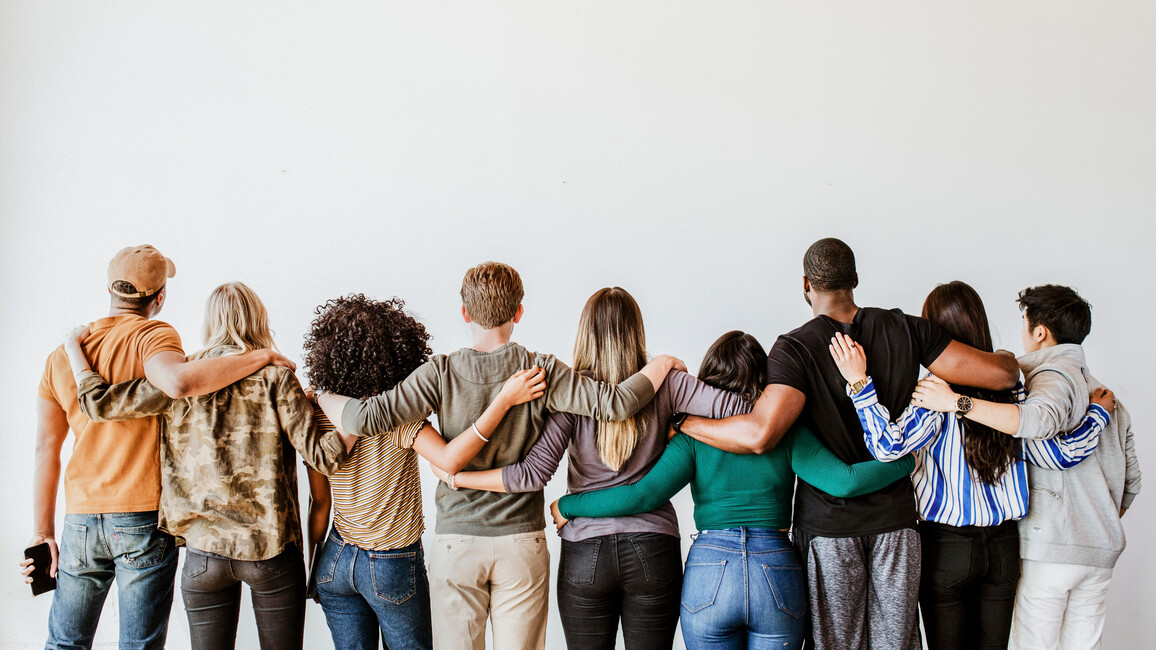Contents
Integration is an interactive and permanent societal learning process – and a task for the whole of government. It requires cooperation and dialogue between a large number of stakeholders.
The BMBF programmes aim to
- create equal opportunities for children, young people and young adults
- regardless of their social background, migrant history or other individual features.
Conference “Good education in the immigration society”
The BMBF always keeps in mind the various aspects of good education in the immigration society. The conference on 11 February 2025 will shed light on the manifold approaches and encourage discussion between science, educational practice and administration.
Dialogue and networking
Integration is a societal learning process. The Integration through Education Dialogue is a forum for discussion on how the interplay between numerous stakeholders can provide for successful integration.
Empowerment and diversity awareness
Greater equity in education requires that societal heterogeneity is handled productively. The practice-oriented “Integration through Education” research programme generates knowledge for the successful organization of diversity-aware education programmes, particularly for special target groups like girls or women with a migrant background. More information available here.
Research on right-wing extremism and racism
Science and research can contribute knowledge and findings to informed societal debates and provide facts that help overcome uncertainty. The BMBF strengthens research on such developments to explore the causes of right-wing extremism and racism. More information available here.
Language learning and multilingualism
Multilingualism is an important societal resource. The BMBF supports research to explore this potential. After all, children from families with an everyday language other than German must be able to learn German at an early age while at the same time developing their knowledge and use of their family’s language. More information available here.
Education Chains initiative
The Education Chains initiative aims to support young people in entering the world of work, to secure the skills supply and to closely link structures that govern careers guidance and the transition from school to work. Integration is one of the fields of action of the Education Chains initiative. The funded programmes help people from a migrant background with their career choice and dual training.
Leando – website for trainers in VET and examiners
We need training institutions which recognize and foster the varied potential of trainees with a migrant background. The Leando website offers learning paths and information material on how to handle heterogeneity in training, thus enabling the professionalization of trainers and examiners in VET. More information available here.
Training and recognition of foreign professional qualifications
Every year, Germany needs approximately 400,000 additional skilled professionals from abroad. Foreign skilled professionals are entitled to an assessment of their vocational qualifications to establish equivalence with a German reference occupation. The BMBF supports this process with various measures. More information available here.


